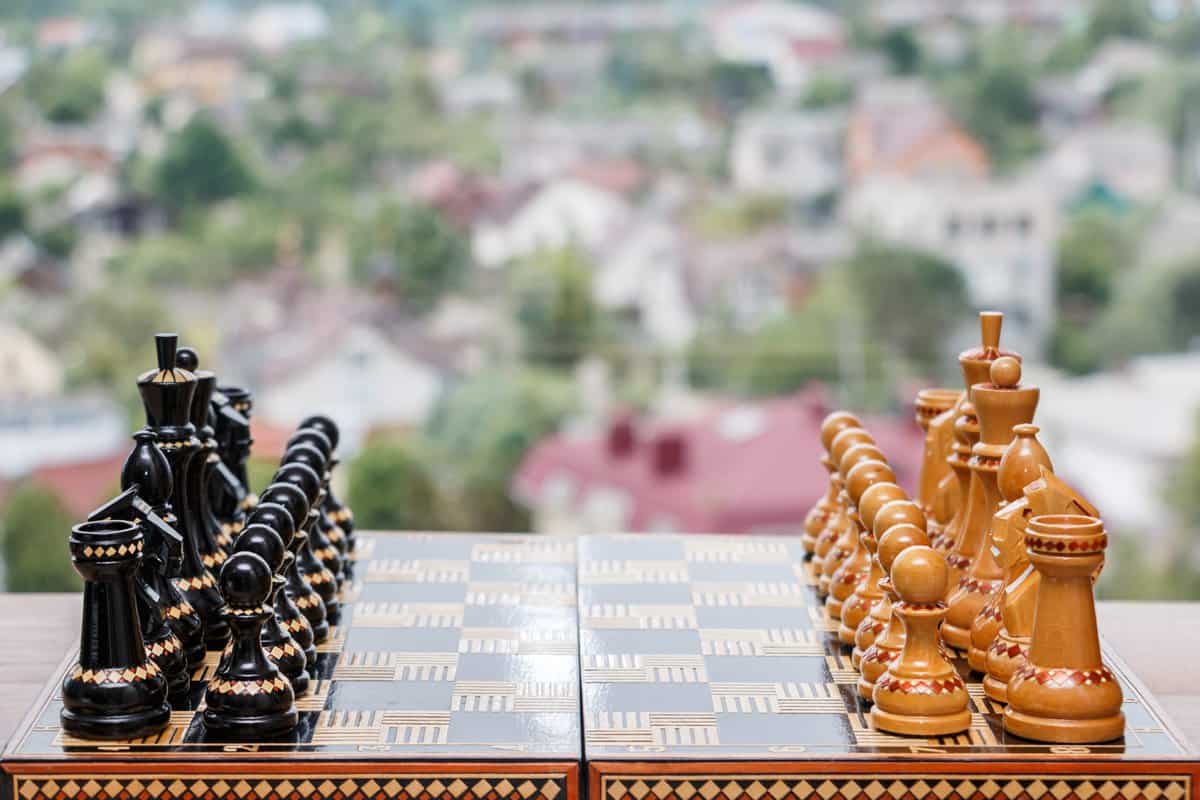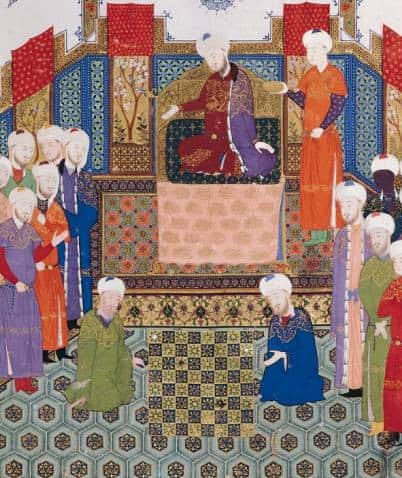
It is difficult to describe India’s extraordinary twin triumphs in the Chess Olympiad in mere words. Our young men and women have come out on top in a tournament in which 190 countries and almost 2000 top class players took part. Today the chess world stands awed by the superstars of India. This feat will go down in the history of Indian sports as a shining achievement.
But the signs of India’s rising power were visible for many years. India was consistently producing top class players and seemed ready to rule the chess world. That potential was finally fulfilled at the Chess Olympiad in Budapest. In a way it was a fitting finale for India because the game originated in India. The birth of chess in India and its subsequent spread throughout the world is a captivating tale.
As old as human history
When this correspondent was covering the World Chess championship in Hyderabad in 1994, he heard enthralling tales about the origins and development of the game from the best experts of the world at the time. The folklore surrounding chess is many faceted and cannot be matched by any other sport.
The history of chess is as old as the history of mankind. The game’s journey along the ancient trading routes with travellers and tradesmen and its development by great rulers of the world make up absorbing stories.
According to the Encyclopedia Britannica, the game of chess first appeared in India about the 6th century CE and then spread to the rest of Asia and the Middle East. However the early version of chess was different from the game as we know it today.
Battle formation in the Mahabharata
The encyclopedia also states that one of the earliest war games was called Chaturanga, a Sanskrit name for a battle formation mentioned in the Indian epic Mahabharata. The game Chaturanga flourished in northwestern India in the 7th century and is regarded as the earliest precursor of modern chess.
Chaturanga had two key features found in all later chess variants – different pieces had different powers attributed to them (unlike checkers) and victory was based on the capture of one very important piece like the king of modern chess.
Persians called it Shatranj
According to some historians, Chaturanga may have been played with the involvement of dice too, on a 64-square board. Under Persian influence it came to be known as Shatranj which was a game involving two players that became popular in northern India, Pakistan, Afghanistan, and southern parts of Central Asia after 600 CE.
Thereafter the game spread to the rest of the world. In the East, it was carried by Buddhist pilgrims and traders who plied the Silk roads. About 750 CE chess reached China, and by the 11th century it had made its appearance in Japan and Korea.
A form of Chaturanga made its way to Europe by way of Persia, the Byzantine empire and then the emerging Arab world. The oldest recorded game in the region was found in a 10th-century manuscript and was played between a Baghdad historian, believed to be a favourite of the caliphs, and his pupil.
Muslim rulers brought the game to North Africa and Spain by the 10th century. Eastern Slavs spread it to Kievan Rus (Russia) at about the same time. Chess was a popular game during the Ottoman empire and chess sets were given as gifts to visiting dignitaries. Several Ottoman rulers were excellent chess players.
Gift by Caliph Harun Al Rashid
In Baghdad, Caliph Harun Al Rashid, of the Abbasid caliphate, once presented King Charlemagne with a chess set and for the first time Europeans got to see what the pieces looked like. The Vikings who were known to be ferocious warriors and intrepid sailors, carried the game to Iceland and England. Chess sets that were found on the Isle of Lewis in the Outer Hebrides islands in 1831 may have been taken there by the Vikings.
However there are stories that mention the birth of the game in India even before the period stated by the Encyclopedia Britannica. One story is that a board game was invented by Queen Mandodari, wife of King Ravana to keep him busy with fighting battles on a board instead of real life.
So the exact time of the birth of chess is lost in the hoary mists of time. But all agree that the land of birth is India. It is here that the game was born, was cherished and developed by numerous kings and queens who ruled over India throughout its history. It is only fitting that Indian men and women players have now taken the game to even greater heights with their outstanding display.




